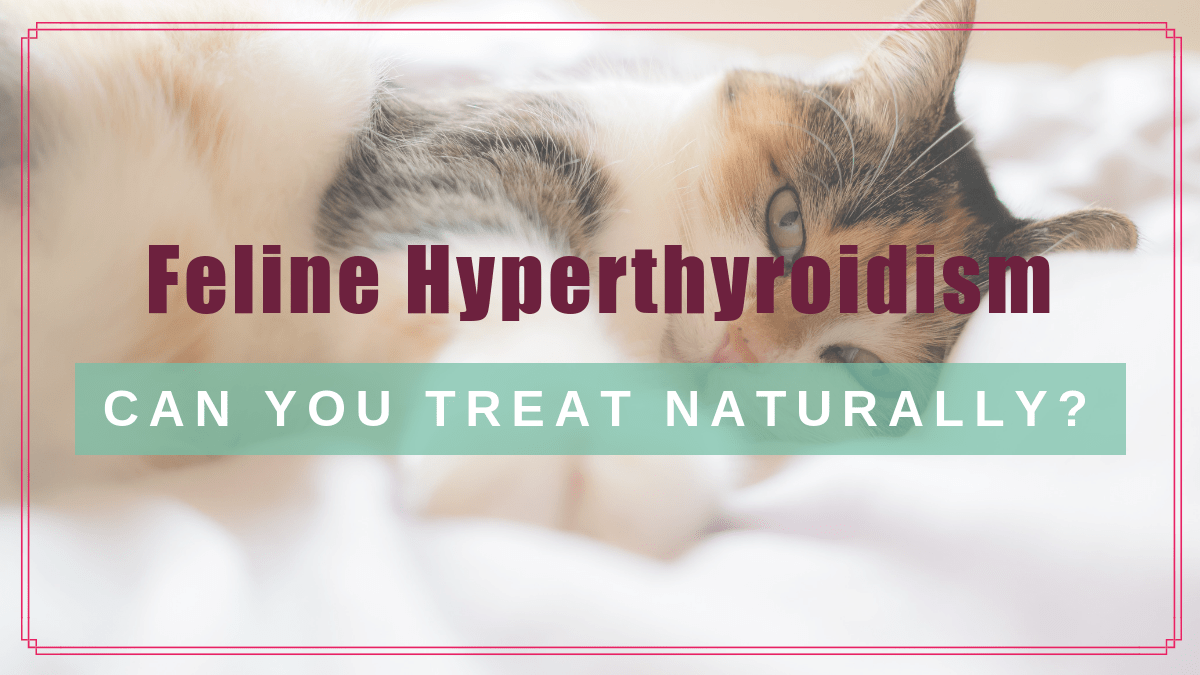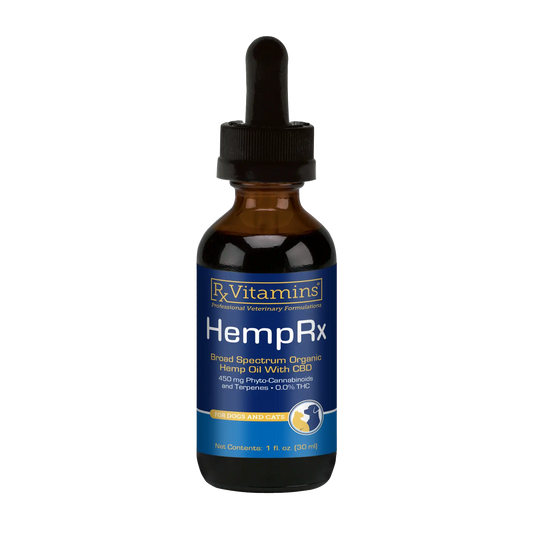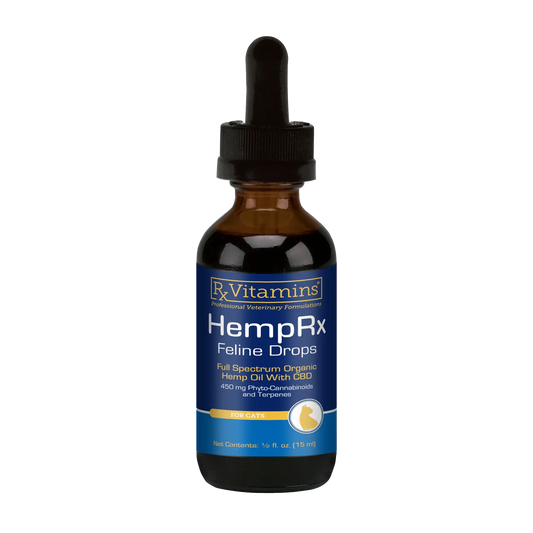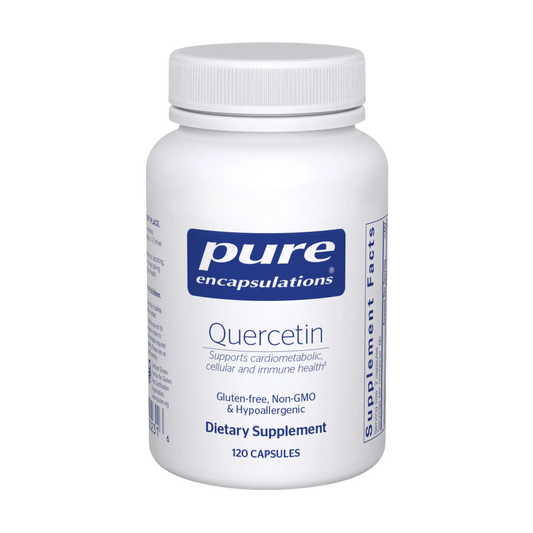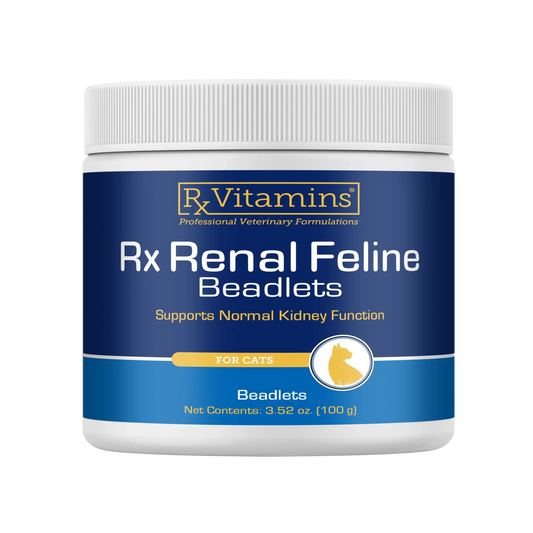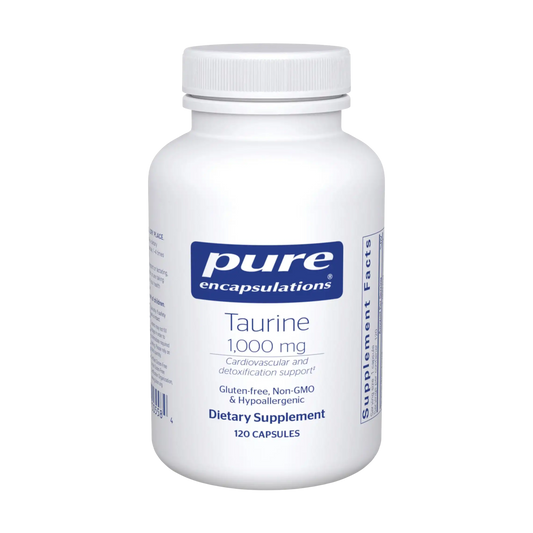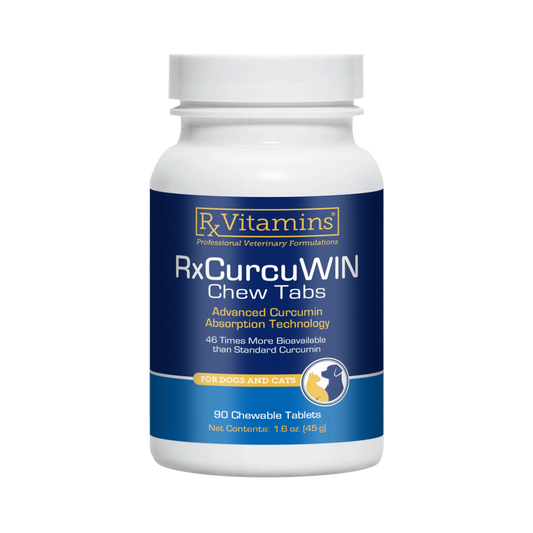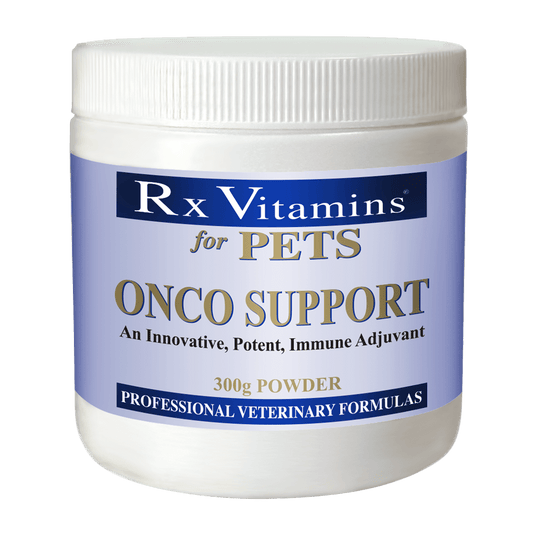As a holistic veterinarian, I am often approached by cat parents who are looking for a more natural approach to hyperthyroidism in their kitties. If you do a quick Google search on Methimazole (the oral medication commonly used to treat hyperthyroidism), it’s perfectly understandable why guardians are apprehensive about long term use of this drug. It’s important to understand that Methimazole is not the only treatment for this common condition. In this article, I will discuss the basics of hyperthyroidism in cats, what may be the underlying cause, and how I treat cats in my practice.
The Basics
Hyperthyroidism is the most common hormonal imbalance in senior cats. This occurs when the thyroid gland becomes enlarged and produces more thyroid hormone. The excessive amount of thyroid hormone causes weight loss, increased liver enzymes, vomiting, heart disease, and excitability/anxiety.
The majority of cases are easy to diagnose with a simple blood test of a total T4. On occasion, some cats may have a borderline T4 value, with vague symptoms. These kitties may require further diagnostics.
The Cause
Hyperthyroidism in cats is a relatively new disease, becoming much more prevalent only within the past 40 years. There has been much speculation within the veterinary community about what may have caused this increase in disease, and more research is needed. Culprits with the most evidence include fire retardants used in building materials and furniture. Additionally, there is some evidence that the products used to line canned food may also be linked to this hormonal imbalance. A genetic predisposition is also likely required.
Treatment
There are three traditional therapies available for hyperthyroidism:
- Methimazole
- Iodine Therapy
- Thyroidectomy
Thyroidectomy, the surgical removal of the thyroid gland, is rarely performed. For this article, the focus will remain with Methimazole and iodine therapy.
Methimazole
Methimazole is the most commonly recommended treatment. This drug works by interfering with the thyroid’s ability to make thyroid hormone. It is given either orally, or is absorbed through the skin (usually applied to the ear). While this drug is generally well tolerated, it can cause vomiting and lethargy in a subset of cats. On occasion, there are some cats that don’t respond to the Methimazole at all. Over the ten years that I have been practicing, I have seen this a handful of times, including with my own cat.
Pros: Methimazole is a relatively inexpensive treatment that can be extremely effective. Most cats feel great once their thyroid gland is regulating appropriately, and symptoms resolve within a couple months. If your cat is not interested in taking a tablet every day, the transdermal cream can be placed on the ear twice daily and is a relatively easy option.
Cons: Your kitty will need medication every day for the rest of his/her life. During the initial stages, your cat will need to have bloodwork done every 4-6 weeks, until the correct dosage has been reached. Generally, this is achieved on the first or second try. After the correct dosage is found, bloodwork should be rechecked every 6 months thereafter, to make sure thyroid levels are maintaining appropriately.
It should also be noted that some cats do not properly absorb the transdermal form of Methimazole, and require oral dosing only.
Iodine Therapy
This therapy involves the use of radioactive I-131. This may sound like the furthest thing from natural medicine, but keep reading! Iodine therapy has many advantages, and is considered the gold standard for treatment. I usually recommend this option as first line therapy. It is generally performed at a specialized facility, and involves only one treatment of iodine (I-131). I-131 specifically targets the thyroid gland, while sparing the surrounding structures (including the parathyroid glands). It is non-invasive, and requires only a few days of hospitalization to allow the radioactive particles to degrade. One set of follow up blood tests are required, and most cats are then cured for life!
Pros: One treatment is almost always curative, and no daily medication is required. It is extremely non-invasive, and you will not have to medicate your cat twice daily for the rest of their lives.
Cons: This is initially a more expensive treatment. In the state of Colorado, you can expect to spend $1,500 - $2,000. Treating with Methimazole, in addition to the maintenance blood tests required, will cost that (or more) over the span of several years. However, those costs are more spread out.
You will also spend at least four nights away from your kitty during treatment. This was the hardest part for me!
Diet Therapy
There is a prescription diet by Hills, that contains extremely low levels of iodine. This diet therapy can work, but has a couple of limitations. The palatability is poor, and many cats will not eat the diet. It can only work if it is the sole diet given, no other treats or foods allowed. Even a few bites of another food would exceed the iodine restriction threshold. This food is also low in protein, and can cause muscle wasting.
Hyperthyroidism and Kidney Disease
It is important to note that hyperthyroidism will cover up kidney disease. This occurs because the overactive thyroid hormone increases blood flow to the kidneys. When hyperthyroidism is treated, and blood flow returns to normal, the true kidney function is uncovered. Kidney disease is very common in older cats, and therefore most hyperthyroid cats have some degree of kidney disease as well.
Once treatment begins, expect that your kitty’s kidney values will rise. It is important to understand that the kidney disease was not caused by the treatment but, instead, was present all along.
You can learn more about my holistic approach to kidney disease here.
Natural Treatments
Over the years, I have had little to no success using herbs and other alternative therapies to reverse thyroid disease in cats. I believe that this is one instance when traditional therapy has the best answer.
Ideally, I would like to go back in time - clean up all the environmental pollutants, and take flame retardants out of everything! Going forward with the knowledge we have today, we can all make better choices for our cat’s environment. This includes purchasing furniture without fire retardants, using better building materials, and choosing non-toxic cleaners.
For now, and if finances allow, I recommend the iodine therapy first.
Wishing you and your feline friends health and happiness!
With love,
Dr. Angie
